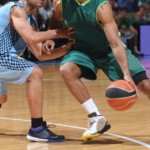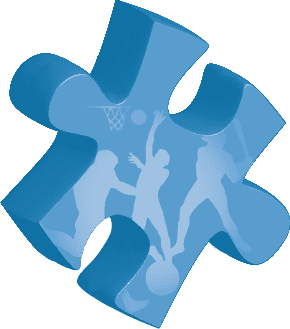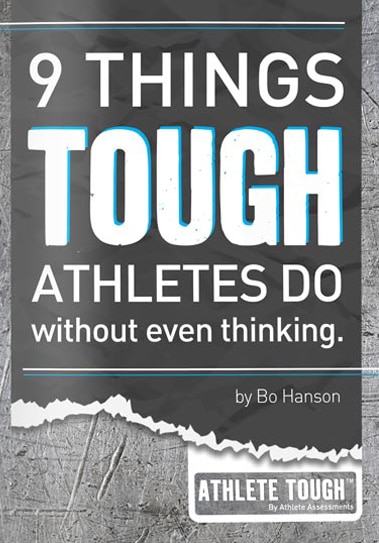How to develop a strategy for setting short-term goals to ensure your athletes focus on the critical moments of their performance
By Mim Haigh, Sports Writer – Athlete Assessments
As simple as it sounds, coaching strategies are only useful if they are put into action and achieve results consistently. Setting short-term goals is a very reliable process that gets results. In this article, we focus on how to set short-term process goals, that athletes can use in competition and training, to develop a playing style which focuses on the essential elements of their performance.
Bo Hanson, author of Athlete Tough, says, “the best way to set a short-term process goal is to work back from a score line to the process of creating it. Understanding the role you play in each part of the process is vital – you have to identify the aspects of the play that you have control over”.
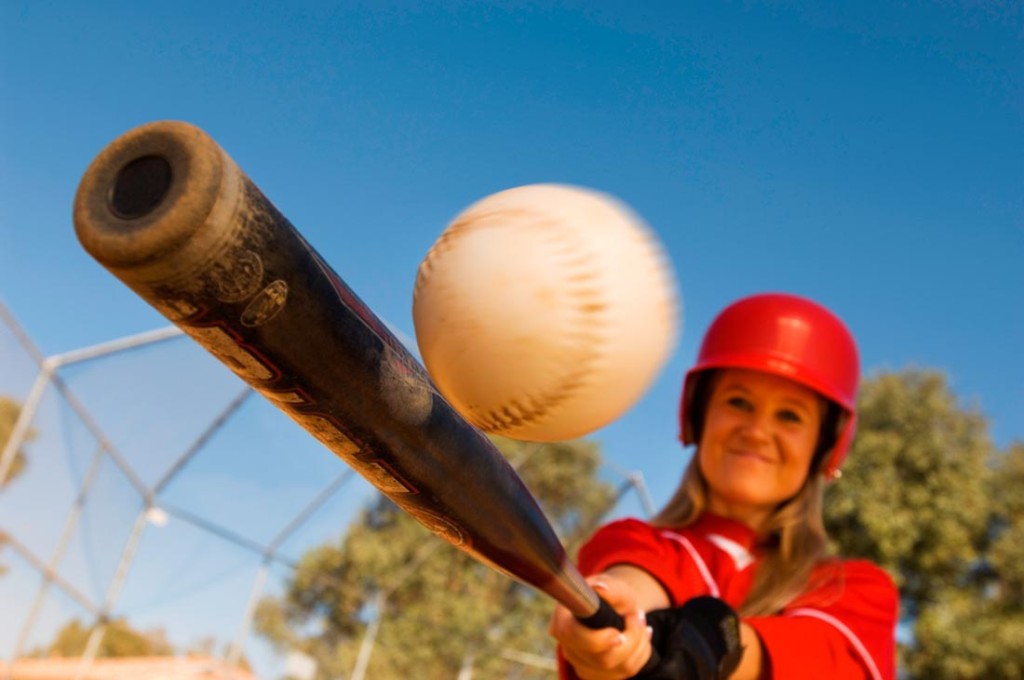
“Once you’ve isolated the elements – ensuring they’re actions that you can control, you outline the desired sequence of events and develop a short-term process goal. There might be a couple of distinct components that make up a successful outcome and each of these components can become an individual process goal.
These goals give you a sense of control within the game and distinct purpose for being on the team. Each player knows how to contribute to the team outcomes.
Additionally, short-term process goals give you focused energy which keeps you in the moment.”
He also explained the dual purposes that short-term goals can serve. Not only do they get an athlete through moment-to-moment in situations that are physically extremely demanding, but they can also be very grounding. He says, “in the heat of competition, players can get caught up in what the opposition is doing or what the score line says, even how much time is left on the clock”.
“A successful short-term process goal, is one which breaks down the critical or match-winning actions and brings our focus back to the field of play where we have control over our own choices and behavior. It’s these choices and behavior that have a capacity to influence the end result.”
Successful athletes set short-term process goals as part of a winning strategy. Even though every athlete and team will respond to the game or competition as it happens, they will have their own short-term process goals to pursue and lead the play.
The most useful outcomes occur when coaches and athletes design these goals together, in the calm of pre-event or training time. Short-term process goals are something that can be varied as an athlete becomes proficient at a skill or they may remain the same if they’re considered to be the precursor to success.
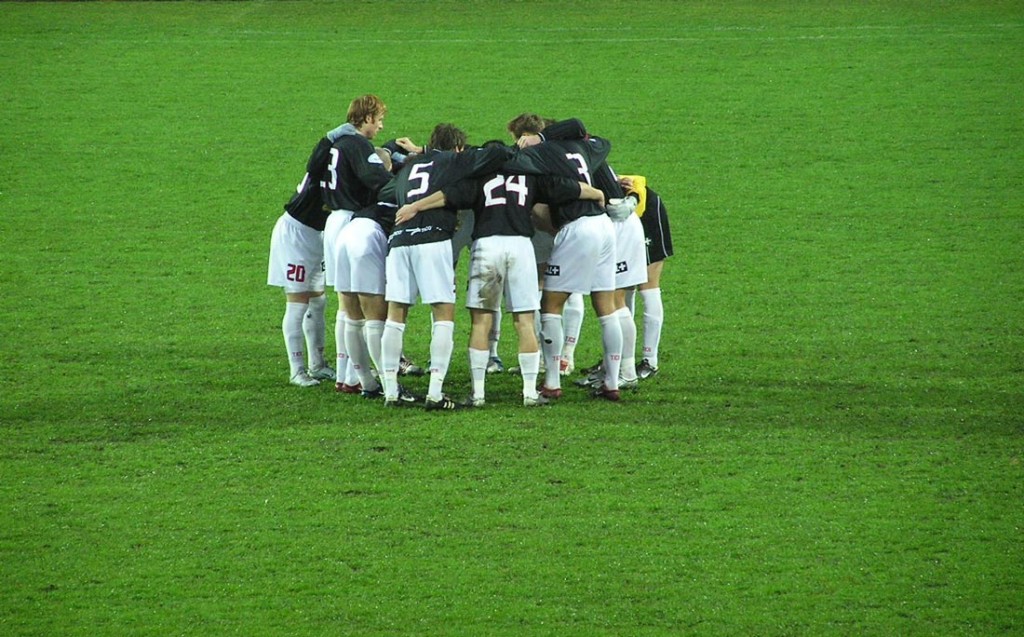
It’s critical that these short-term process goals are measured and reviewed consistently and become part of the preparation that athletes and coaches do for every competition.
Focusing on short-term process goals is really useful in times of difficulty, momentary loss or mistake.
Learning to set a short-term goal is an essential mental skill, this repertoire of non-technical skills and mental skills are an important aspect of sport that is often overlooked.
Hanson says, “knowing how to build a point scoring play and develop a plan which involves short-term process goals to feed into that point is a mental skill which can dramatically alter a score line”.
Mental skills, mental preparation and ultimately mental toughness are a game changing skill and like any other physical skill they need regular development and practice.
Hanson was constantly asked for a simple program to address the development of mental skills, in response he created Athlete Tough.
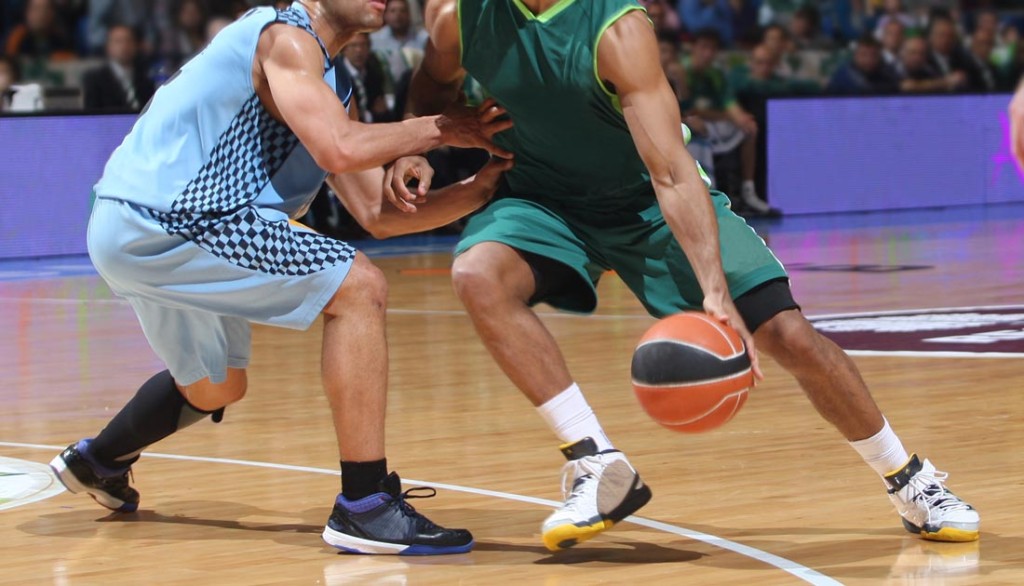
As an athlete and a coach, Hanson knows just how important these preparation sessions are, what a difference they can make to an athlete’s life and a teams’ season. He also knows that athletes and coaches lead very busy lives, balancing sporting achievement with their professional and personal life. With this reality in mind, Athlete Tough needs no interpretation.
The workbook has an accompanying video series that can be broken down into weekly instalments, chapter by chapter and athletes can build a mental skills toolkit to serve them this season and beyond.
Chapters covered include Staying in The Game, Teaching Toughness and Staying Tough Under Pressure. Athlete Tough isn’t filled with distracting, long-winded theory. Instead, it takes the theory coaches and athletes need to know, and explains it in a way that’s easy to understand. The activities, projects, fun exercises and reflection journaling, cover the content in-depth while keeping it interesting for this generation of athletes and most importantly, it’s practical.
So how does an athlete become Athlete Tough?
If you want to know more about how to help your athletes build mental toughness and resilience so they can perform at their best under pressure, you should check out our program – ATHLETE TOUGH. Our Handbook & Video Series was produced by 4 x Olympian and 3 x Olympic Medalist, Bo Hanson, to answer the call of Coaches wanting to know how they can build mental toughness in their athletes. We have dedicated 15 chapters to proven strategies that will help your athletes become, and stay, ATHLETE TOUGH. Visit this link for more information and to view a sample chapter and video!
Where to from here?

Gain the Upper Hand with Emotional Intelligence
“You have to be able to center yourself, to let all of your emotions go. Don’t ever forget that you play with your soul as

Performing Under Pressure
“The ultimate measure of a man is not where he stands in moments of comfort and convenience, but where he stands at times of challenge

9 things Tough Athletes do without even thinking
Actions always speak louder than words and Tough Athletes take action. You can see their toughness by what they do. Here is our list of
